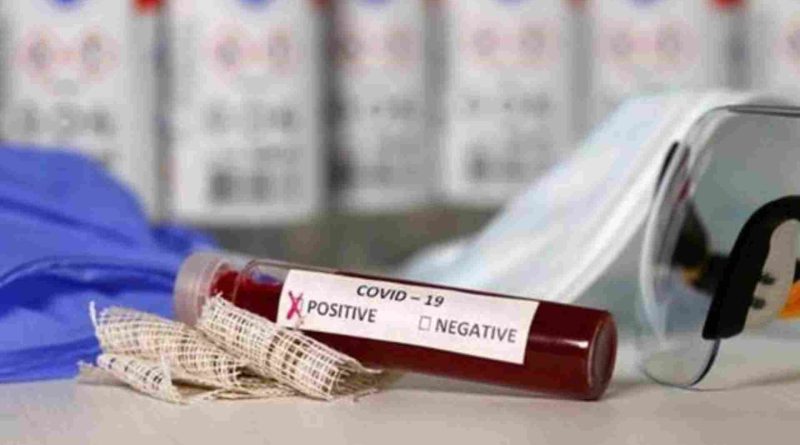Unveiling Insights: A Paradigm Shift in COVID-19 Analysis and Forecasting
In a groundbreaking collaboration between the Indian Institute of Technology Guwahati and Singapore’s Duke-NUS Medical School, a pioneering model has emerged to analyze and forecast the trajectory of COVID-19 infections across various states in India. This innovative data-science model, crafted by the adept team, amalgamates the essence of three distinct methodologies currently employed nationwide.
Rather than adhering to conventional approaches, the model ventures into uncharted territory, predicting the potential number of COVID-19 cases within 30 days through a blend of logistic and exponential methodologies, offering insights into both the foreseeable and worst-case scenarios.
Eschewing the conventional Green Zone, Orange Zone, and Red Zone classification, the model introduces a nuanced categorization system, segregating states into ‘moderate,’ ‘severe,’ and ‘controlled’ realms, based on a holistic analysis of infection trends and growth rates.
Palash Ghosh, Assistant Professor at IIT Guwahati, elucidates, “A singular reliance on any solitary model could veer us astray. To circumvent such pitfalls, we have embraced a multi-faceted approach, synthesizing insights from diverse models alongside real-time infection-rate data, ensuring a comprehensive and nuanced perspective.”
Drawing on recent trends in active cases and daily infection-rate metrics, the model discerns intricate patterns, distinguishing between states experiencing escalating infections, those exhibiting stable trends, and those demonstrating effective containment measures.
Ghosh further emphasizes the imperative of tailoring strategies to the unique context of each state, asserting, “Uniform strategies fail to encapsulate the nuanced realities of our diverse nation. By disaggregating data and customizing interventions, policymakers can optimize resource allocation and response efforts.”
As the nation grapples with a rising toll, the urgency of proactive and data-informed measures becomes increasingly apparent. With COVID-19 fatalities reaching 2,109 and cases surging to 62,939, the imperative for informed decision-making resonates more resoundingly than ever, as underscored by the Union Health Ministry’s latest figures.

